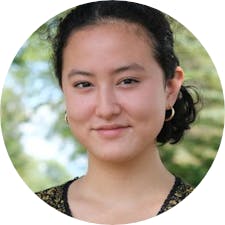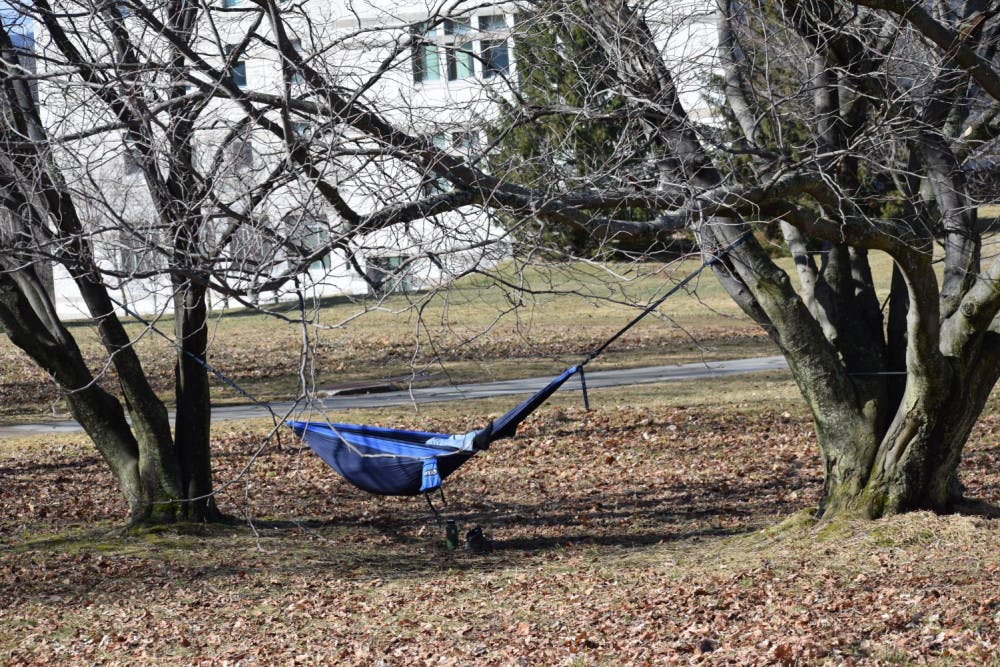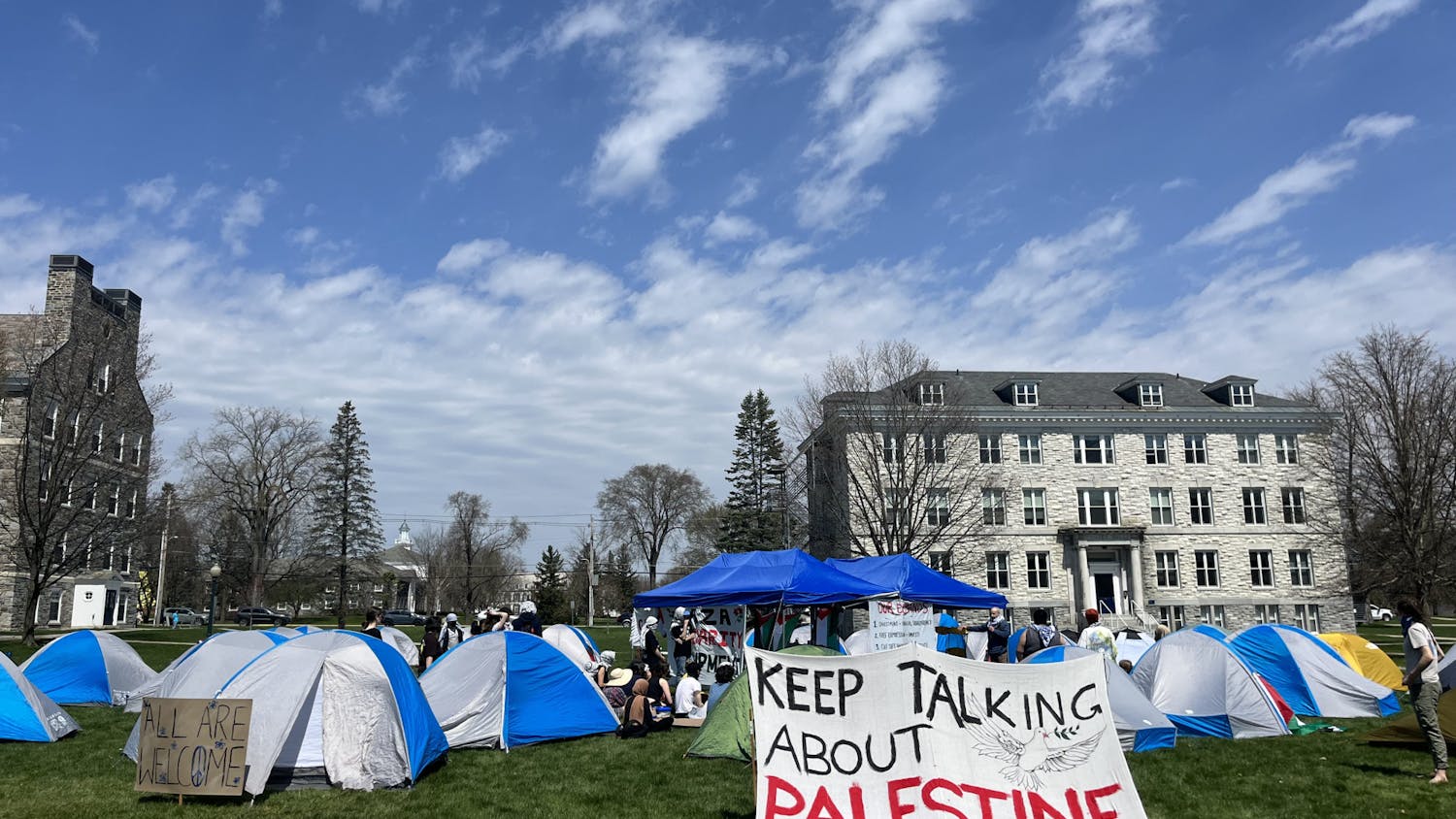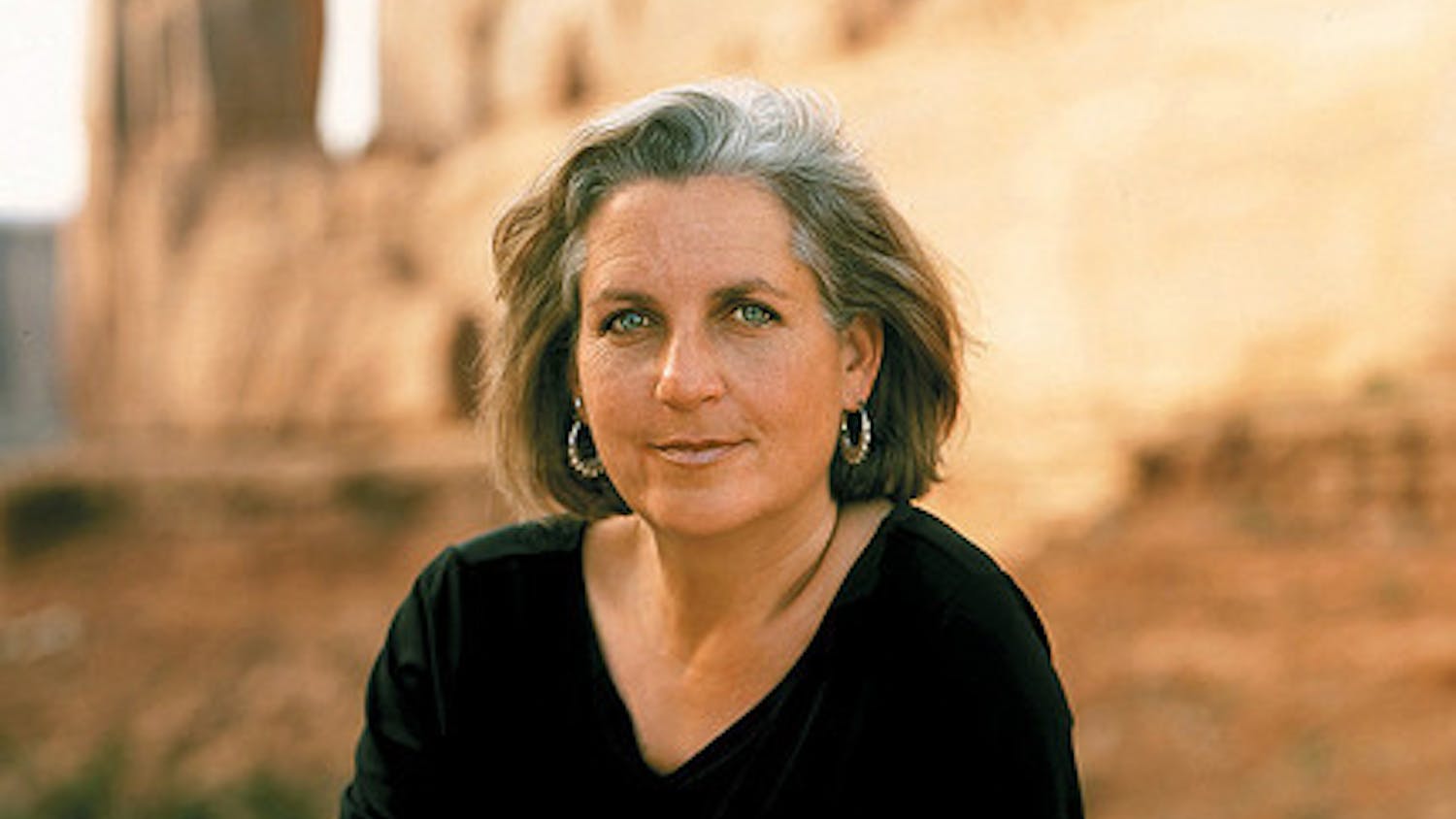A majority of faculty members voted in support of students’ return to campus this fall, passing the “motion regarding modality” during a Tuesday faculty meeting. While 74% (136) of the faculty who participated voted in favor of passing the motion, many abstained after an attempt to table the motion failed. The motion is non-binding, and the administration will release the final decision about fall plans on Monday.
The motion regarding modality reads, “Based on our existing state of knowledge regarding health protections, campus preparations and college resources, the faculty supports bringing the majority of students back to campus for the Fall 2020 semester, with courses offered in person and/or online.”
Some faculty raised concerns about the motion, citing inadequate information about health and safety guidelines for the upcoming school year, uncertainty whether students would abide by new precautions and troubling data regarding classroom transmission. Others believed that the college would not give a faculty ruling much weight in their decision-making.
The Working Conditions subcommittee of Middlebury’s American Association of University Professors (AAUP) chapter wrote a proposal to table the motion indefinitely, which Philosophy Department Chair Lorraine Besser presented to the body.
Besser acknowledged the importance of making a decision about the fall in an efficient manner, but also noted how an in-person fall might have an asymmetrical impact on Middlebury community members.
“We are concerned that a Covid-19 breakout on campus could lead to a health crisis which may fall unequally upon staff members who lack the option to work remotely,” she said in an email to The Campus. “We also worry that the sense of the faculty vote itself was complicated by the ongoing budget discussions, which suggest that an in-person fall semester is best from a financial perspective.”
Despite mixed support for the motion, only 36% voted in favor of tabling.
Some faculty felt that they did have enough information to make a decision and that it was important for the body to express its position. Peter Schumer, professor of mathematics, spoke out against tabling the motion and in favor of passing it during the meeting. He said he believes the administration will take the faculty’s decision into account.
“The administration, the Board of Trustees have other concerns besides academics and have different points of view to bring to the table, but the faculty can at least speak on what we hope from an academic viewpoint,” he said in an interview with The Campus. “And I truly believe they take that seriously into consideration since, after all, we are an academic institution.”
While Schumer said he did share some of his colleagues' concerns, he was reassured by an informational meeting with administrators, including Director of Health Services Mark Peluso.
The motion regarding modality is one of the four, non-binding Sense-of-the-Faculty Motions submitted by the Academic Planning Group. Faculty passed the first two motions during an earlier meeting on June 12, calling for faculty discretion regarding course design and the upholding of the 12-4-12 week academic calendar with no in-person classes between Thanksgiving and the start of the spring semester. Faculty decided to push back the vote on motions three and four — the motion regarding modality and a motion calling for the creation of an experiential learning credit — to the June 16 meeting so they could receive more information about health and safety planning.
The motion seeking to establish an experiential learning credit passed with 81% of the vote. The initiative would give students the option of completing such a credit in place of a traditional fourth course in the fall, spring, or both semesters. The Educational Affairs Committee (EAC) is still developing the details of the initiative and held a preliminary meeting about it on June 18.

Abigail Chang ’23 (she/her) is the Editor in Chief.
She previously served as a managing editor, Senior News Editor, News Editor and co-host of The Campus' weekly news radio show.
Chang is majoring in English and minoring in linguistics. She is a member of the Media Portrayals of Minorities Project, a Middlebury lab that uses computer-assisted and human coding techniques to analyze bulk newspaper data.
Throughout last year, Chang worked on source diversity and content audits for different media properties as an intern for Impact Architects LLC. Chang spent summer 2021 in Vermont, working as a general assignment reporter for statewide digital newspaper VTDigger. Chang is also a member of the Middlebury Paradiddles, an a cappella group.




